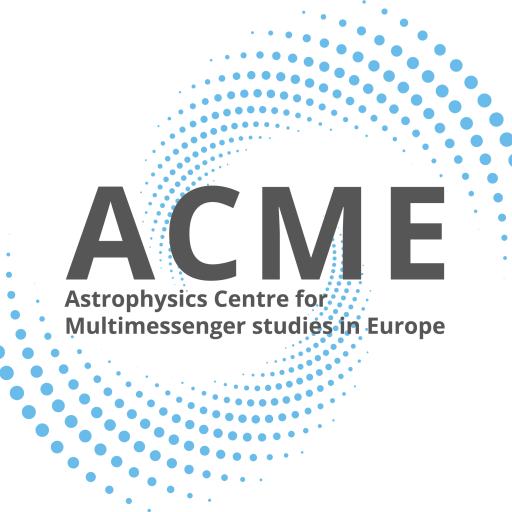GWFish is a flexible, open-source software package designed to perform Fisher matrix–based forecasts for gravitational-wave (GW) detector networks. Its primary purpose is to evaluate the expected performance of current and future GW observatories in estimating source parameters—such as masses, distances, sky location, and orbital inclination—before detections occur. This makes GWFish a key tool for science planning, detector design, and multi-messenger strategy development.
Built on the principle of Fisher information theory, GWFish enables users to compute expected uncertainties on the parameters of compact binary coalescence (CBC) events under a given network configuration and signal model. It is particularly useful for predicting how well certain astrophysical quantities can be measured, depending on the detector sensitivity, network geometry, and source properties.
Key Features:
- Multi-detector support: GWFish can simulate networks that include current and next-generation interferometers (e.g., LIGO, Virgo, KAGRA, LIGO-India, Einstein Telescope, Cosmic Explorer), providing comparative insight into their joint capabilities.
- Waveform flexibility: The tool supports a variety of gravitational-wave signal models, including inspiral-only or full inspiral–merger–ringdown waveforms. Users can include or ignore spin effects and explore different frequency cutoffs.
- Customizable source parameters: Users can define source properties such as mass, inclination, sky position, distance, and redshift, or draw them from populations for statistical studies.
- Sky localization estimates: GWFish provides estimates of the sky localization uncertainty (e.g., 90% credible area), which is critical for planning electromagnetic follow-up campaigns.
- Population synthesis compatibility: The tool is easily integrated with population models (e.g., via the B-pop code), enabling large-scale simulations of forecasted event distributions across parameter space.
Use Cases:
- Detector and network design: GWFish is widely used to assess how adding detectors or improving sensitivity affects parameter recovery—informing choices for future GW infrastructures.
- Observation planning: The code helps predict what kind of sources will be best observed in upcoming runs, how well they can be localized, and what astrophysical questions can be addressed.
- EM follow-up preparation: By estimating expected localization areas and distance errors, GWFish helps astronomers determine which events are likely to yield viable electromagnetic counterparts.
- Cosmological and nuclear physics forecasts: GWFish supports planning for science cases such as standard-siren cosmology or EOS constraints from neutron star mergers, by quantifying the precision of key observables.
GWFish is a lightweight yet powerful forecasting engine for gravitational-wave science. By offering fast, reliable predictions of parameter estimation performance, it supports the optimization of observing strategies, network configurations, and multi-messenger follow-up planning. It is widely adopted by the GW astrophysics community as a foundational tool for simulation and strategic development.
Link: GWFish GitHub
